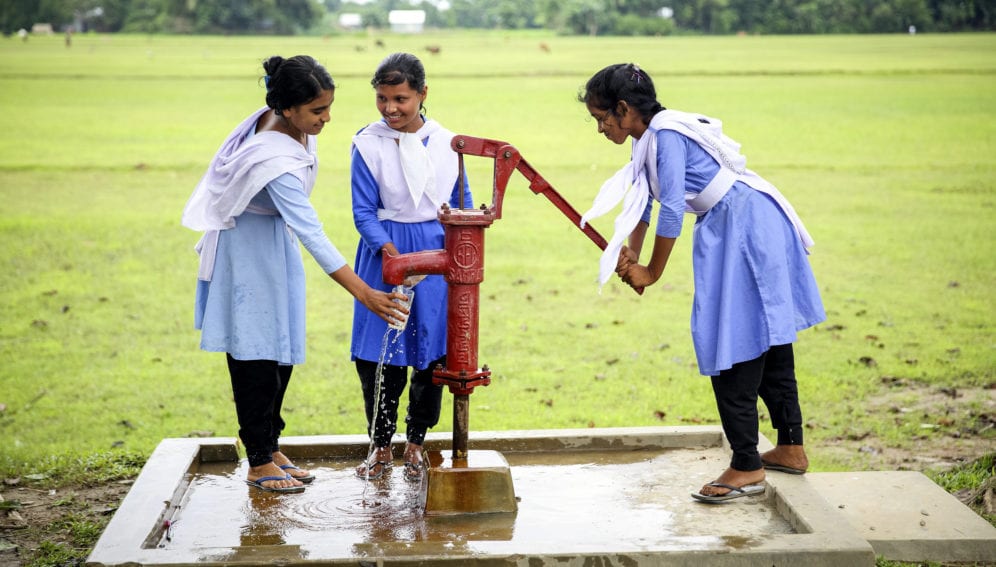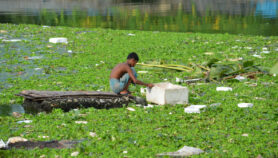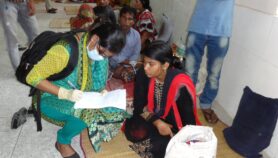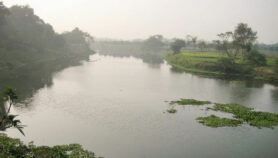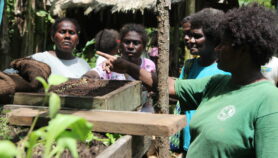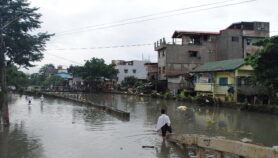By: Fatima Arkin
Send to a friend
The details you provide on this page will not be used to send unsolicited email, and will not be sold to a 3rd party. See privacy policy.
[MANILA] Crowdsourcing data on water management from private corporations has been identified by the World Resources Institute (WRI) and the Massachusetts Institute of Technology (MIT) as a new way to respond to the water crisis plaguing developing countries.
According to a paper by the WRI published this month (March), while extensive data is available on global water scarcity, very little exists on water management practices. Poor management could create scarcities even where water is abundant, says Colin Strong, an author of the paper and corporate water stewardship analyst at WRI.
Meanwhile, multinational corporations (MNCs) have reliable data on water management in their local areas because the information is vital for minimising business risk.
The WRI-MIT initiative is the first geodatabase on municipal water management that relies on MNCs to provide information on public water management. The data is grouped into four broad categories — availability of information, state of infrastructure, water access regulations, and crisis response.
“By contributing data to our project, they help generate momentum to improve local water management and, therefore, reduce their business risk”
Colin Strong, World Resources Institute
"The reason [why] companies are willing to help crowdsource is that companies experience poor water management as a risk to business," Strong tells SciDev.Net. "By contributing data to our project, they help generate momentum to improve local water management and, therefore, reduce their business risk."
The new methodology has practical applications for actors, ranging from local utilities to national governments and international players. For instance, utility operators can use the geodatabase as a third-party certified feedback mechanism to help improve services.
National governments that struggle to understand what is happening at the local level, like India, will find the geodatabase useful in “better connecting with local problems and be able to channel investments more precisely in locations with issues", says Strong.
Meanwhile, international actors that finance utilities based on self-reported information, like the Asian Development Bank, will be able to use the independent geodatabase to exert pressure on the utilities to make them perform better.
Suhardiman says it is important to note that private companies collect water management information to justify their business and investment strategies, regardless of impact to society at large. There is also the issue of who will gain access to the collected data, she says.
"Unpacking how power relationships and political processes shape and reshape, ‘informed’ decision is key to link this new initiative with the broader question of water governance and social justice, especially with regard to how it can meaningfully contribute to the problem of unequal water distribution, environmental degradation, water scarcity, and water pollution, among others," says Suhardiman.
This piece was produced by SciDev.Net’s Asia & Pacific desk.


